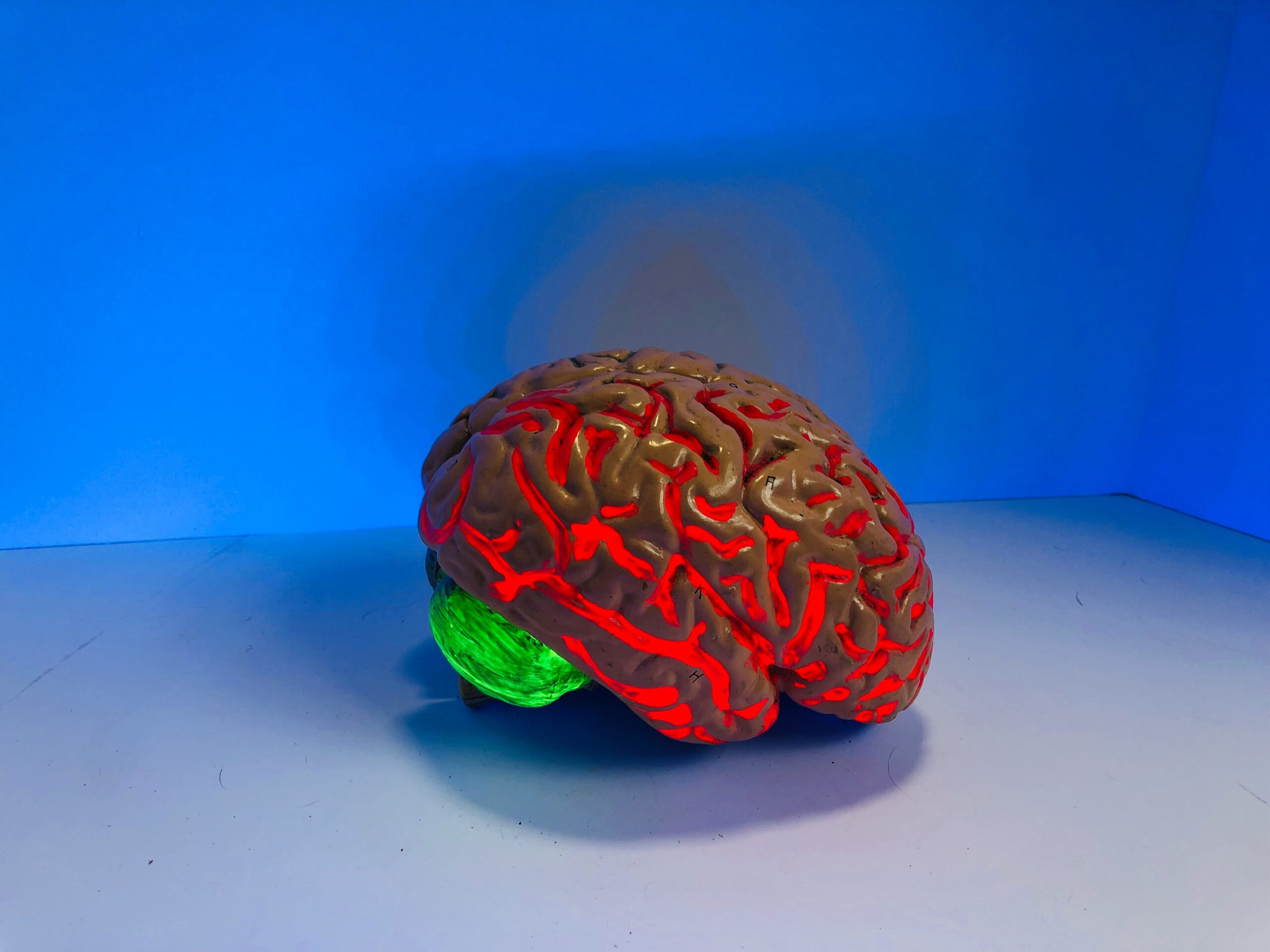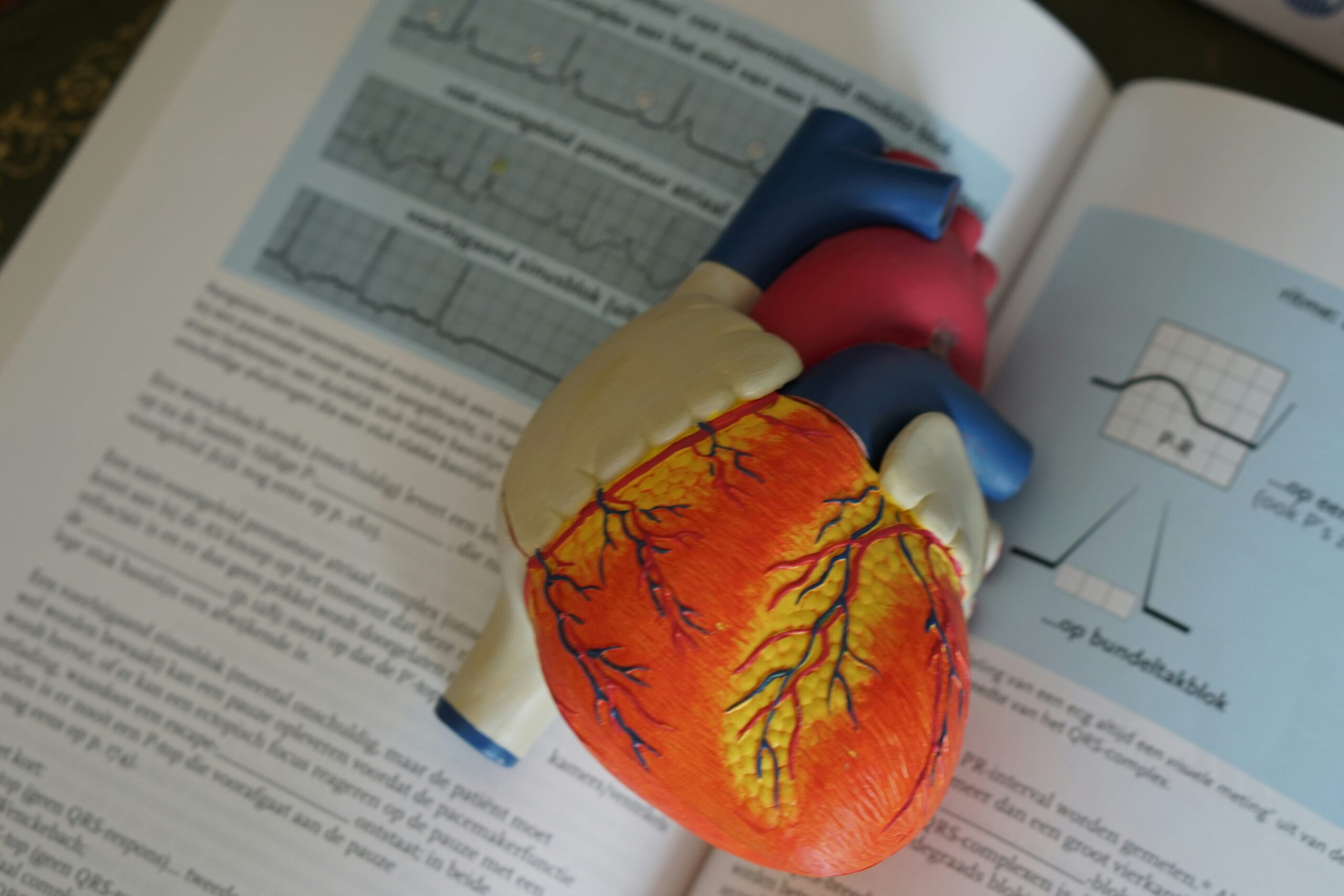Dopamine is a chemical compound belonging to the catecholamines released by nerve cells. Dopamine has various functions, primarily as a transmitter at synapses in the central nervous system. Its action affects the overall mental state. The chemical compound affects many processes, depending on the site of activity. Dopamine affects not only the mental state but also various physiological processes and the overall functioning of the body.
Dopamine deficiency is not beneficial, can cause multiple symptoms, and is sometimes a predictor of diseases. Low dopamine levels are also observed in numerous genetic disorders. Dopamine is used in the treatment of various diseases, so this chemical compound is an ingredient in drugs and supplements. Find out its functions and what an abnormal concentration can lead to.

Dopamine is a neurotransmitter that acts in a specific way. The mechanism of dopamine release affects many cells via receptors![]() . Peripheral tissues can also synthesize the compound. Dopamine stimulates receptors and also causes the release of norepinephrine from its storage sites.
. Peripheral tissues can also synthesize the compound. Dopamine stimulates receptors and also causes the release of norepinephrine from its storage sites.
An increase in dopamine is associated with pleasurable situations and produces feelings of satisfaction and fulfillment. Dopaminergic signaling pathways are crucial for maintaining physiological processes, and their unbalanced activity can lead to disease states. Dopamine functions include:

Dopamine is related to the ability to move because it affects muscle coordination and tension. The basal ganglia![]() located in the brain control many aspects of body movements. Regulation of movement initiation also relates to motor drive, spatial learning, and posture maintenance. Dopamine is also produced during sports, adding energy. Substances such as serotonin and dopamine are also released during exercise and remain in the brain in increased amounts for many more hours after the cessation of exercise.
located in the brain control many aspects of body movements. Regulation of movement initiation also relates to motor drive, spatial learning, and posture maintenance. Dopamine is also produced during sports, adding energy. Substances such as serotonin and dopamine are also released during exercise and remain in the brain in increased amounts for many more hours after the cessation of exercise.
The dopamine system is vital in neuromodulation, such as motivation. Dopamine regulates reward and punishment in the brain. The reward system![]() relies on the fact that the activity of dopamine neurons increases when patients look forward to an event that gives them pleasure. Therefore, dopamine levels rise in response to entertainment, shopping, eating, and gambling. Scientists have also found that the reward system plays a vital role in the development of addiction
relies on the fact that the activity of dopamine neurons increases when patients look forward to an event that gives them pleasure. Therefore, dopamine levels rise in response to entertainment, shopping, eating, and gambling. Scientists have also found that the reward system plays a vital role in the development of addiction![]() .
.
Dopamine also affects attention, working memory, and learning. The chemical compound affects episodic memory, the long-term memory that stores information about specific events. Without dopamine, there is no effective learning since a compound deficiency extinguishes the desire to learn new things and general enthusiasm about various tasks, jobs, and activities. Therefore, dopamine has a positive effect on problem-solving.

Dopamine also affects the limbic system, which is mainly responsible for regulating certain emotional states and emotion-related behavior. Therefore, dopamine affects the control of mental and emotional processes, and as a result, the chemical compound affects mood, transmission, and processing of emotional stimuli. In people in love, dopamine levels increase, causing happiness and euphoria.
Dopamine also affects sleep, as it further supports the secretion of acetylcholine![]() , which regulates sleep and wakefulness. Several neurotransmitters and neuromodulators of the central nervous system regulate sleep and wakefulness. The activity of cholinergic neurons in the area correlates with the rhythmic activity of sleep. Acetylcholine concentration increases during sleep and after waking, while it decreases during deep sleep.
, which regulates sleep and wakefulness. Several neurotransmitters and neuromodulators of the central nervous system regulate sleep and wakefulness. The activity of cholinergic neurons in the area correlates with the rhythmic activity of sleep. Acetylcholine concentration increases during sleep and after waking, while it decreases during deep sleep.
Dopamine has many properties. Because it is a vasostimulant![]() , it treats low blood pressure and cardiac arrest. Dopamine acts on visceral vessels, causing blood vessels to dilate. Infusions stimulate myocardial contractility and lead to increased cardiac output. Dopamine is used to maintain blood pressure in chronic congestive heart failure, trauma, and kidney failure. In summary, dopamine increases blood pressure, especially systolic pressure, and increases pressure amplitude, improving coronary flow.
, it treats low blood pressure and cardiac arrest. Dopamine acts on visceral vessels, causing blood vessels to dilate. Infusions stimulate myocardial contractility and lead to increased cardiac output. Dopamine is used to maintain blood pressure in chronic congestive heart failure, trauma, and kidney failure. In summary, dopamine increases blood pressure, especially systolic pressure, and increases pressure amplitude, improving coronary flow.

As a neurotransmitter, dopamine affects many processes in the human body. It includes growth hormone, prolactin![]() , and gonadotropin
, and gonadotropin![]() . Growth hormones are mainly responsible for the body's growth process. Growth hormones play a crucial role in child development.
. Growth hormones are mainly responsible for the body's growth process. Growth hormones play a crucial role in child development.
On the other hand, prolactin's primary function is to stimulate breast milk production after the baby is born. It also has different functions in the human body, such as affecting the functioning of the reproductive system, influencing mood, and regulating the immune system. In addition, gonadotropin is responsible for stimulating the production of progesterone that sustains pregnancy. Chorionic gonadotropin contributes to the increased absorption of nutrients from the mother's blood, thus enabling the accumulation of energy necessary for fetal development.
Dopamine deficiencies adversely affect the functioning of the entire body. The range of symptoms associated with neurotransmitter deficiency is diverse and uncharacteristic. Problems with low dopamine levels are noted in a variety of diseases.
Treatment of low dopamine levels includes medication and lifestyle changes. This is especially true for genetic causes of low dopamine, in which exposure to a lowering chemical compound occurs over a lifetime. Such lifestyle changes should normalize dopamine levels in the blood and significantly improve quality of life. Symptoms of dopamine deficiency include:

Too low levels of dopamine can cause mood swings. Patients experience the drug more often and more intensely because they are more susceptible to stress. Low levels of the chemical can also lead to depressive states![]() and apathy. Those suffering from a dopamine deficit may further notice reduced libido and impaired concentration.
and apathy. Those suffering from a dopamine deficit may further notice reduced libido and impaired concentration.
Dopamine plays a significant role in regulating sleep, so a deficiency can cause problems in this area. Sleep disorders mean, among other things, problems falling asleep and restless, interrupted sleep. This intensifies feelings of chronic fatigue and malaise.
Patients with low dopamine levels have problems with motivation. They feel tired and have no energy to do anything, so starting activities can be problematic for them. Sleep problems also cause excessive daytime sleepiness and increased feelings of fatigue. There may also be problems with movement in the form of impaired coordination.
Like deficiency, excess dopamine can also be harmful and cause side effects. An increase in dopamine levels can also be related to disease. However, a temporary increase in dopamine levels is observed in situations of exposure to stress. Excess dopamine can also be the result of taking psychoactive substances. The treatment of patients involves pharmacological blockades of dopamine receptors in the central nervous system. Symptoms of dopamine excess include:

Too much dopamine can cause overstimulation and its effects. Patients have difficulty concentrating due to a flurry of thoughts. Perception problems can result in an inability to assess reality objectively. Stimulation can also involve psychomotor hyperactivity, causing an urge to move. High amounts of this neurotransmitter can also activate a tendency to gamble and trigger unwarranted aggression. Sleep problems also occur when dopamine is in excess.
Overstimulation of the mind can lead to delusions and hallucinations. Delusions are thought disorders where the patient believes in the existence of things, phenomena, or events that do not exist. On the other hand, hallucinations are abnormal sensory experiences caused by a disruption of the body's cognitive functions. As a result, patients may lack full consciousness and misread external stimuli.
Excess dopamine also affects physiological processes. Because of its properties, dopamine is used to treat low blood pressure. Therefore, a high amount of this neurotransmitter can cause hypertension![]() . Psychoactive substances that cause a sudden increase in dopamine can lead to an increase in heart rate.
. Psychoactive substances that cause a sudden increase in dopamine can lead to an increase in heart rate.
Abnormal dopamine secretion affects overall health and can lead to various diseases. Also, many genetic diseases are associated with abnormal dopamine secretion throughout life, requiring treatment to stabilize levels of this compound. Diseases and conditions related to unhealthy dopamine levels include:

Approximately some people with autism have abnormal levels of dopamine. Dopamine is relevant here because it is one of the primary neurotransmitters responsible for social behavior, social cognition, and motor control. Other neurodiverse brain effects include decreased dopamine release in the prefrontal cortex area, which causes various problems. Autism cannot be cured, but patients' quality of life can be improved, and dopamine medications are often used in this regard.
Also, people with ADHD have less dopamine in the prefrontal cortex. People with ADHD often have difficulty maintaining attention and are excessively mobile and impulsive. Dopamine regulates cognitive function and attention, which are impaired in ADHD patients. Medications used to treat ADHD often aim to increase the availability of dopamine in the brain, which helps regulate attention and reduce symptoms. However, successful management of ADHD requires patients not only to receive pharmacotherapy but also to employ a variety of additional strategies, including lifestyle changes.
Dopamine affects the brain's reward system, making it a real influence on motivation and pleasure from various activities. Its reduced levels may be associated with greater susceptibility to depressive states and apathy. People with persistently low dopamine levels may be at risk of chronic fatigue and depression. Dopamine is a crucial neurotransmitter involved in mood regulation, so disruptions in its secretion can cause mood disorders. The use of dopaminergic drugs is used in specific subtypes of depression.
Many specialists believe that Parkinson's disease is closely related to disorders in dopamine secretion. Without enough dopamine, the nerve cells controlling muscle function stop functioning correctly. When the number of lost nerve cells is high, the first symptoms of Parkinson's disease appear. The disease worsens with the passage of time and a gradual decline in dopamine levels. Treatment of the symptoms of the disease is to increase the amount of dopamine in the brain.

Huntington's chorea may resemble Parkinson's disease, but the cause of the disease is quite the opposite. Experts point out that excess dopamine can cause Huntington's chorea. Excessive activity of neurons, whose neurotransmitter is dopamine, can be linked to Huntington's chorea, a nervous system disease. It is characterized by reduced muscle tone, violent movements, and tremors of the limbs independent of the patient's will. Treatment often includes dopamine receptor agonists.
Another disorder associated with excessive dopamine production may be schizophrenia. Researchers indicate that this mental disorder may be highly related to higher dopamine levels. Studies have shown that people with schizophrenia have receptors incapable of controlling dopamine levels. The mechanism responsible for the neurotransmitter flow in patients does not work properly, leaving them exposed to more dopamine. Antipsychotic drugs used to treat schizophrenia reduce dopamine activity.
Abnormal dopamine levels can also be linked to cancer. In the case of dopamine-producing cancers, increased dopamine concentrations persist in the blood. Temporarily increased dopamine concentrations in the blood can occur under exertion, emotion, or stress. Tumors that secrete dopamine include pheochromocytoma, neuroblastoma, and ganglioneuroma. Noticing alarming symptoms of excess dopamine may, therefore, indicate a cancerous tumor.
Dopamine is a chemical compound belonging to the catecholamines released by nerve cells. Dopamine has various functions, primarily as a transmitter at synapses in the central nervous system. Abnormal dopamine secretion affects overall health and can lead to various diseases. Dopamine is used to treat various diseases, so this chemical compound is an ingredient in drugs and supplements.